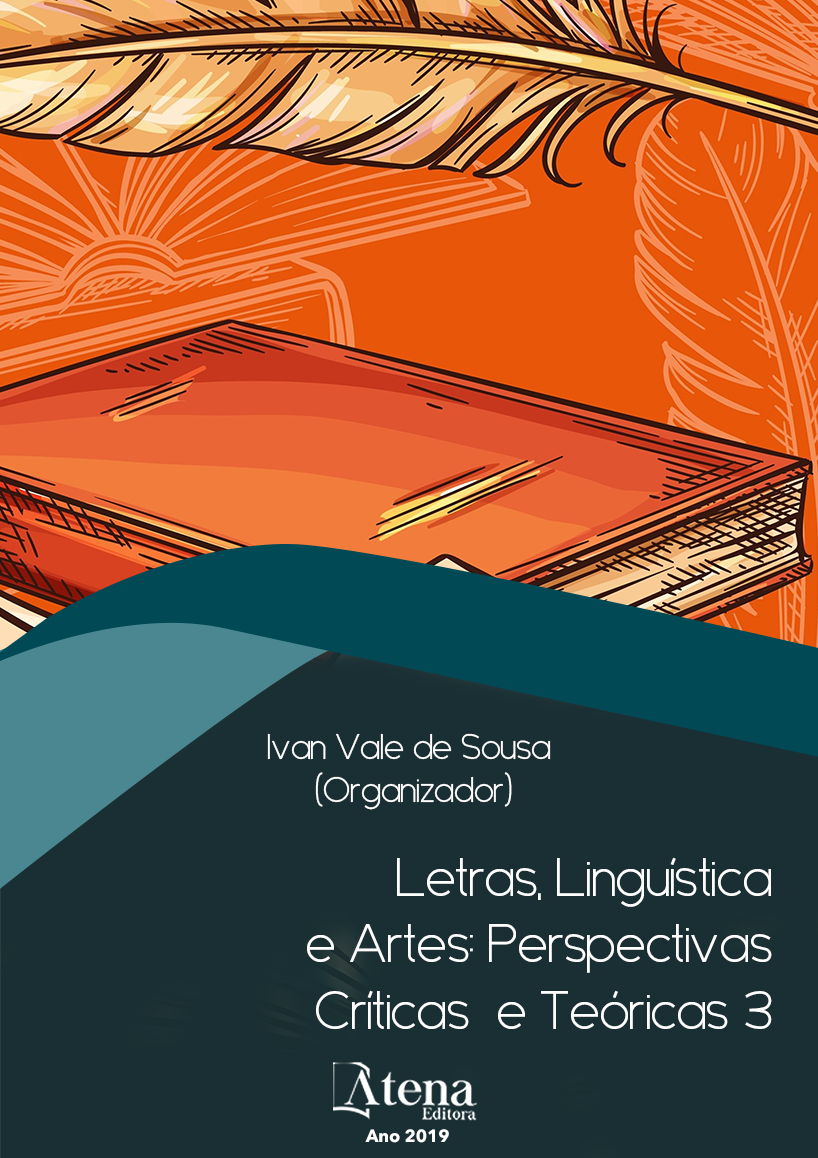
BREVE REFLEXÃO SOBRE O USO DE IMAGENS NOS PROCESSOS AVALIATIVOS
As pinturas rupestres são antigos
registros da história humana feitos a partir da
imagem. A ciência tem indícios de que o homem,
já no período da pré-história, fazia uso da
imagem para registrar seu cotidiano, ou como
simples meio de se comunicar. Das primeiras
figuras feitas nas cavernas até os engenhosos
comerciais exibidos nas tvs, revistas, jornais
e internet, a imagem sempre esteve presente.
Diante dessa visibilidade não haveria como
esquecê-la ou ocultá-la nas verificações de
aprendizagem, nas provas, exames escolares,
concursos ou seleções. A grande questão é,
desde os primórdios se discute o conceito,
função e validade da imagem, seja ela pictórica
ou escultural, e mesmo estando presente a todo
momento, em todos os lugares, na condição de
texto, que é, e que decodificamos muitas vezes
de forma instantânea ou intuitiva, ainda assim
não se tem atribuído a essa grande importância
quando se trata das variadas modalidades
avaliativas. Assim, nosso objetivo com o
presente trabalho é suscitar reflexões a respeito
do uso feito das imagens dentro das avaliações,
e a forma de averiguar o grau de compreensão
e entendimento a partir da interpretação dos
vários tipos de imagens que costumeiramente
são utilizadas nos exames escolares, nas provas
seletivas, nos vestibulares, nos concursos e no
Enem (Exame Nacional do Ensino Médio). Para
tanto, discutiremos o conceito de dois tipos de
instrumento avaliativo, relacionando-os com
propostas de uso da imagem, tomando como
base o método iconográfico/iconológico de
Panofsky, o qual servirá de apoio nas reflexões
sobre os procedimentos indispensáveis quando
da elaboração de questões que envolvam
imagens.
BREVE REFLEXÃO SOBRE O USO DE IMAGENS NOS PROCESSOS AVALIATIVOS
-
DOI: 10.22533/at.ed.05519091014
-
Palavras-chave: Panofisky. Iconografia, exame. Avaliação
-
Keywords: Panofisky. Iconography, examination. Evaluation
-
Abstract:
The cave paintings are ancient
records of human history made from the image.
Science has indications that man, already
in the period of prehistory, used the image to
record his daily life, or as a simple means of
communication. From the first figures made
in the caves to the ingenious commercials
shown on TVs, magazines, newspapers and
the internet, the image was always present. In
the face of this visibility there would be no way
to forget it or hide it in learning checks, tests,
school exams, contests or selections. The great
question is, from the beginning, the concept, function and validity of the image, whether
pictorial or sculptural, is discussed, and even if present at all times, everywhere, in the
condition of text, which is, and that decode many intuitive, yet it has not been attributed
to this great importance when it comes to the varied evaluative modalities. Thus, our
objective with the present work is to elicit reflections about the use made of the images
within the evaluations, and the way of ascertaining the degree of understanding and
understanding from the interpretation of the various types of images that are usually
used in the school exams, in the selective exams, in the vestibular, in the contests and
in the Enem (National Exam of the High School). In order to do so, we will discuss
the concept of two types of evaluative instrument, relating them to proposals for using
the image, based on the iconographic / iconological method of Panofsky, which will
serve as a support in the reflections on the indispensable procedures when elaborating
questions involving images.
-
Número de páginas: 15
- Denise Pereira da Silva


